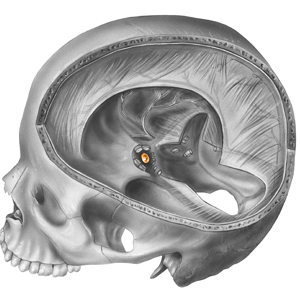
The so-called "love hormone" oxytocin may enhance social interactions by triggering production of a marijuana-like molecule in the brain, a new study in mice suggests.
This molecule, anandamide, activates certain receptors in brain cells, resulting in increased motivation and happiness, the researchers explained. THC the active ingredient in marijuana also activates these receptors.
Based on their results, University of California, Irvine, researchers theorise that manipulating the supply of anandamide sometimes called the "bliss hormone" might benefit people who have social challenges, including those with autism.
"Our findings open the exciting possibility that drugs that block the degradation of anandamide, which are currently being tested for various anxiety disorders, could give a boost to the brain's own oxytocin and help people with autism socialise more," study leader Daniele Piomelli said in a university news release.
Read: Oxytocin lessens anxiety in social situations
Previous research has linked oxytocin with behaviours that create bonds between people, including hugging, kissing, sex, birth and breast-feeding.
In this study, investigators measured levels of anandamide in the brains of mice that were either isolated or allowed to socialise. They found that social contact boosted production of anandamide, which triggered cannabinoid receptors to reinforce the pleasure of interaction.
When the receptors were blocked, this reinforcement vanished.
The researchers also found that stimulating brain cells that produce oxytocin led to increased production of anandamide, and that blocking anandamide's effects also blocked oxytocin's effects. This suggests that oxytocin reinforces social ties by triggering anandamide production.
In further experiments, the investigators found that preventing anandamide degradation increased the pleasure of social contact for mice.
Read more:
Oxytocin could make us more accepting of others
Love hormone affects social connections
Image: Cut out of the brain showing the pituatry gland from iStock




 Publications
Publications
 Partners
Partners














